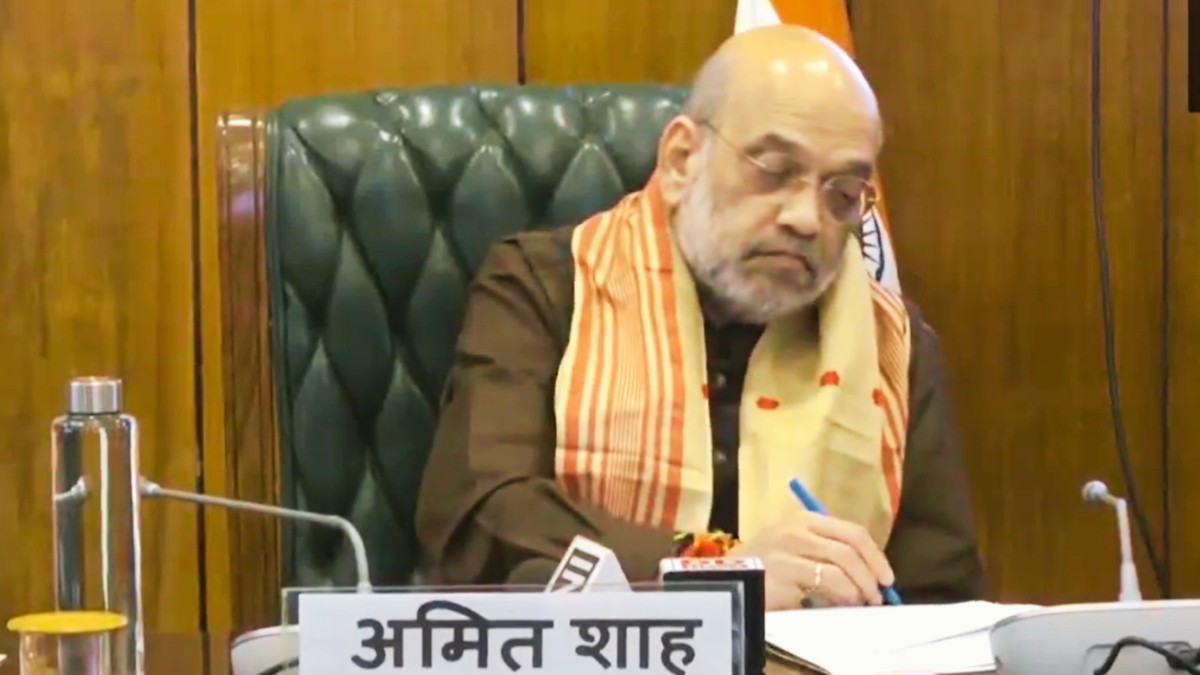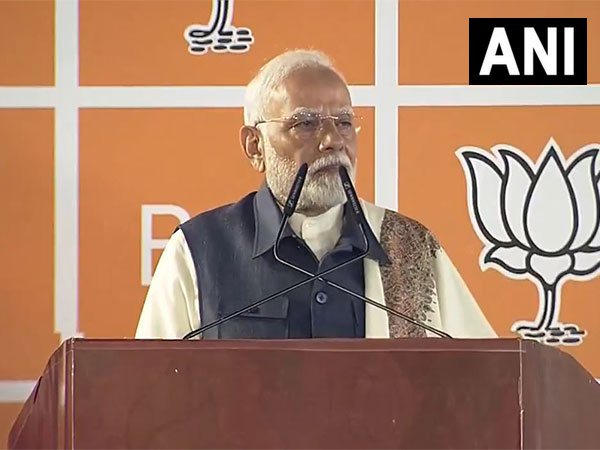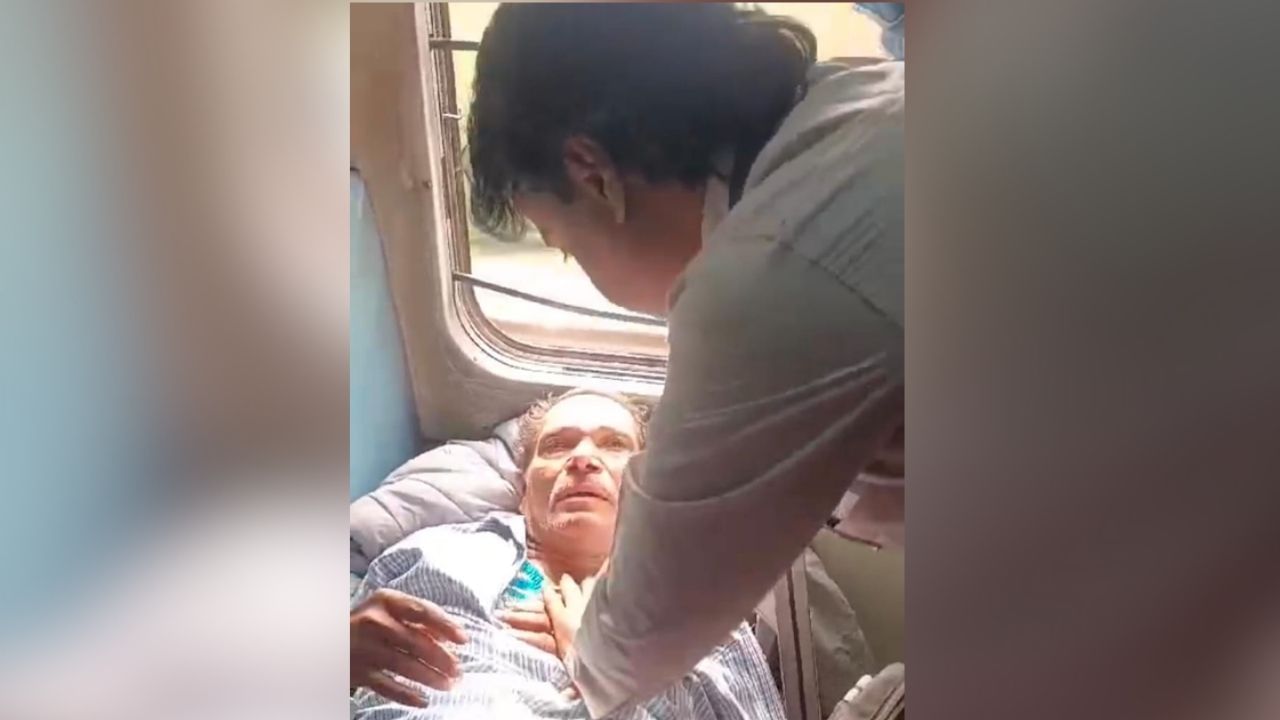Highlighting transformative changes to India’s criminal justice system, Union Home Minister Amit Shah on Tuesday said that the enforcement of three new criminal laws will ensure Supreme Court-level justice within three years of an FIR being registered.
Addressing the All-India Police Science Conference on Tuesday, Shah stated that the next decade will make India’s justice system the most scientific and efficient globally.
Shah highlighted that the implementation of three new laws-Bharatiya Nyaya Sanhita (BNS), Bharatiya Nagarik Suraksha Sanhita (BNSS), and Bharatiya Sakshya Adhiniyam (BSA)-effective from July 1, aimed at streamlining police and court processes.
Further, Shah assured that by November 26, Constitution Day, all prisoners who have served one-third of their sentence will no longer remain in jail without due legal resolution.
“We have bound the court, the prosecution and the police with about 60 provisions to complete their work within the time limit. We have also bound the jails that if the trial is not going on after a certain period, then except for some crimes which are not very serious, the jail officer himself will have to present the bail process inside the court and our effort is that before Constitution Day, there should not be a single prisoner in the country’s jails who has served one-third of his sentence and has not yet got justice. A lot of work has been done to make the police accountable and a lot of work has also been done to give strength to the police,” the Home Minister said.
“We have some challenges in the coming days. These challenges are not just for India but for the whole world. India should find a solution to this. There are 5 such areas in which we should be two steps ahead of those who break the law. Cybercrime, infiltration-security of borders through technology, illegal use of drones- its prevention and suppression, narcotics and how modern technology can be used in its investigation and against misuse of darknet,” he said.
Shah highlighted five critical challenges for law enforcement in the coming decade: cybercrime, border infiltration, drones, narcotics, and the dark web. He urged law enforcers to stay two steps ahead of criminals.





